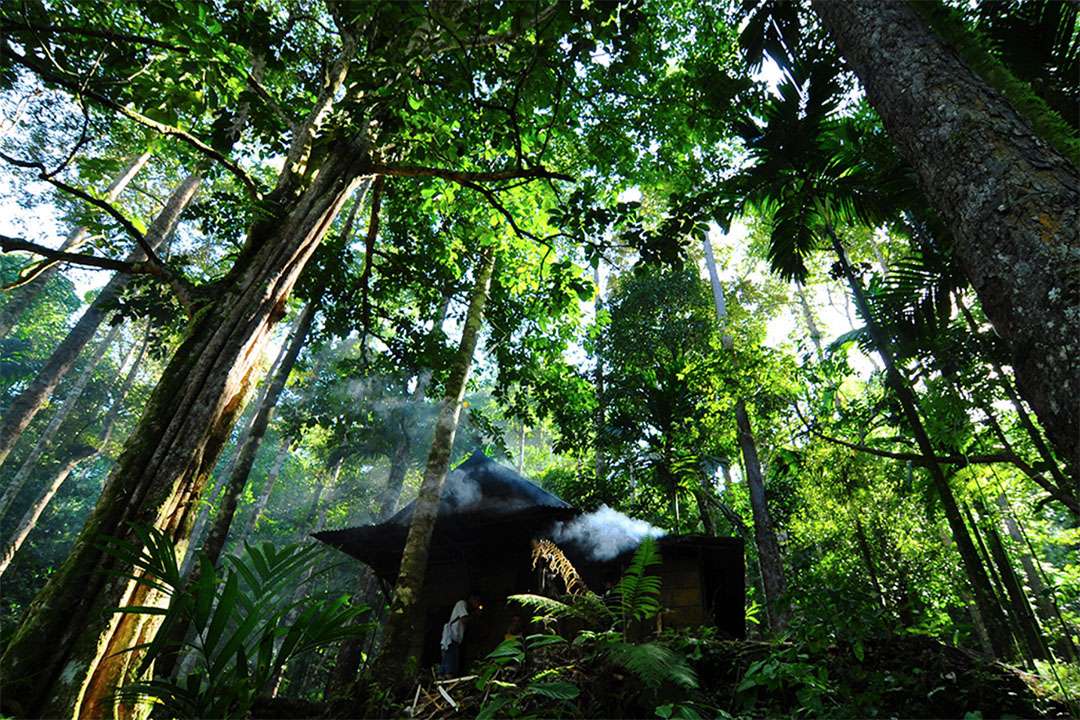The Rights and Resources Initiative (RRI) launched an online platform that offers researchers, activists, policymakers, and others “free and easy” access to data on the forest tenure rights of Indigenous Peoples, Afro-descendant Peoples, and local communities, including women within these groups.
According to an RRI blog, in drawing on data sets maintained by the Initiative, the Tenure Tool houses the largest and most comprehensive dataset on collective forest tenure rights to date.
Among the improvements in the accessibility and usability of RRI’s forest tenure data delivered by the Tool are:
- Users interested in a specific country or region can access multiple types of legal and area-based forest tenure data for that country or region on a single page.
- The Tool brings together data across RRI’s globally comparative frameworks for assessing community tenure rights, enabling users to rely on a common reference point to monitor a range of indicators.
- Users can view and compare all legal frameworks recognizing community-based tenure in a given country.
- The Tool provides a mechanism for reporting on SDG indicators, in particular indicator 5.a.2 (proportion of countries where the legal framework – including customary law – guarantees women’s equal rights to land ownership and/or control).
RRI has been systematically aggregating and analyzing available data on the distribution of forest tenure rights from government, academic, and civil society sources, and now tracks who owns and manages 92% of global forest area. Its data ecosystem extends beyond tracking the area of recognized community forests, to monitor legal entitlements held by communities and women within those communities to their lands, forests, and freshwater under national law. RRI tracks and analyzes the “depth” of communities’ legally recognized rights, including women’s statutory rights, in 30 countries in Africa, Asia, and Latin America.
RRI is a global coalition of over 150 organizations dedicated to advancing the forestland and resource rights of Indigenous Peoples, Afro-descendant Peoples, local communities, and women within them. It aims to amplify the voices of local peoples and proactively engage governments, multilateral institutions, and the private sector to adopt institutional and market reforms that support the realization of those rights. [RRI Blog Post]
